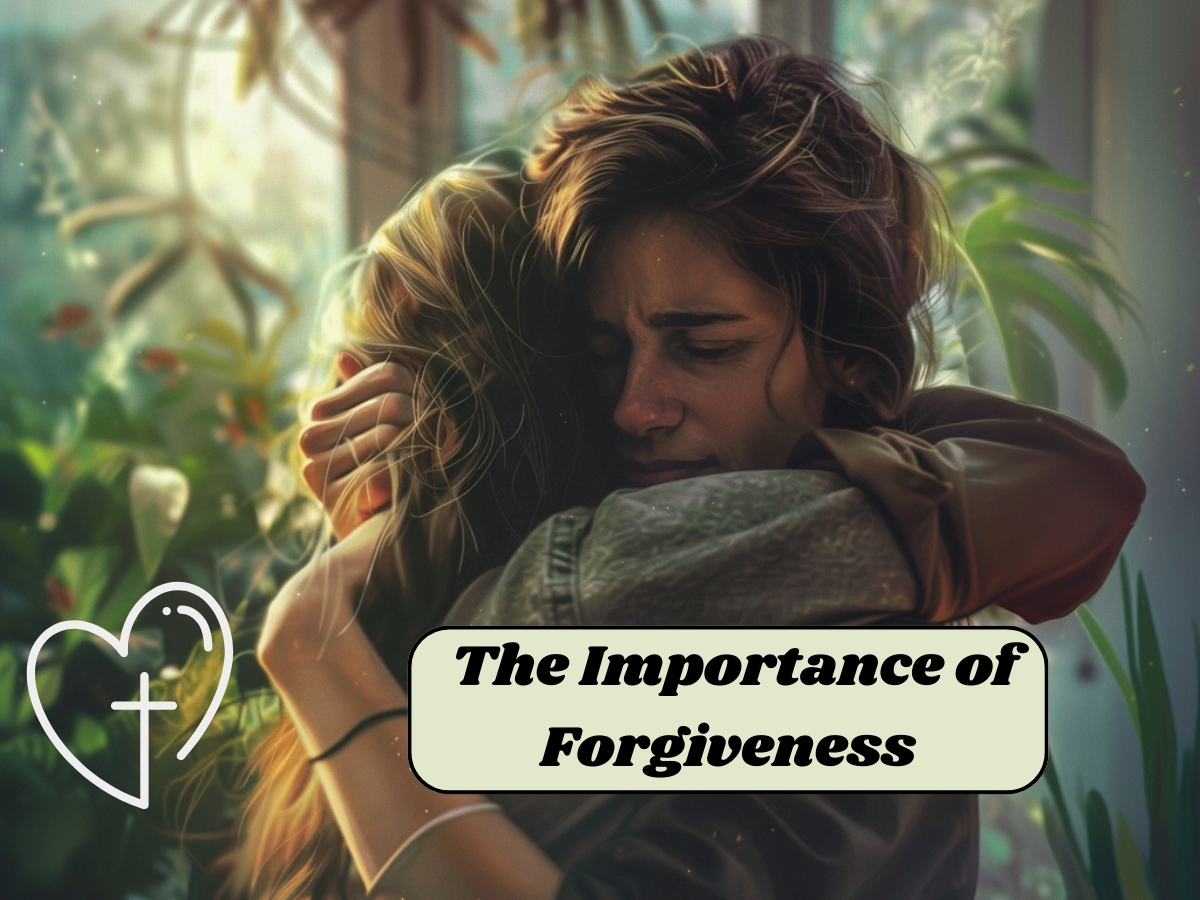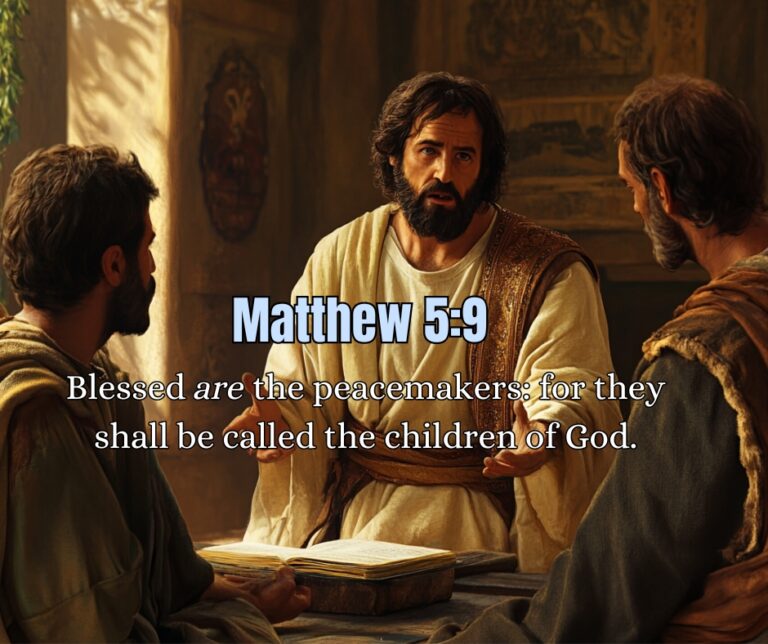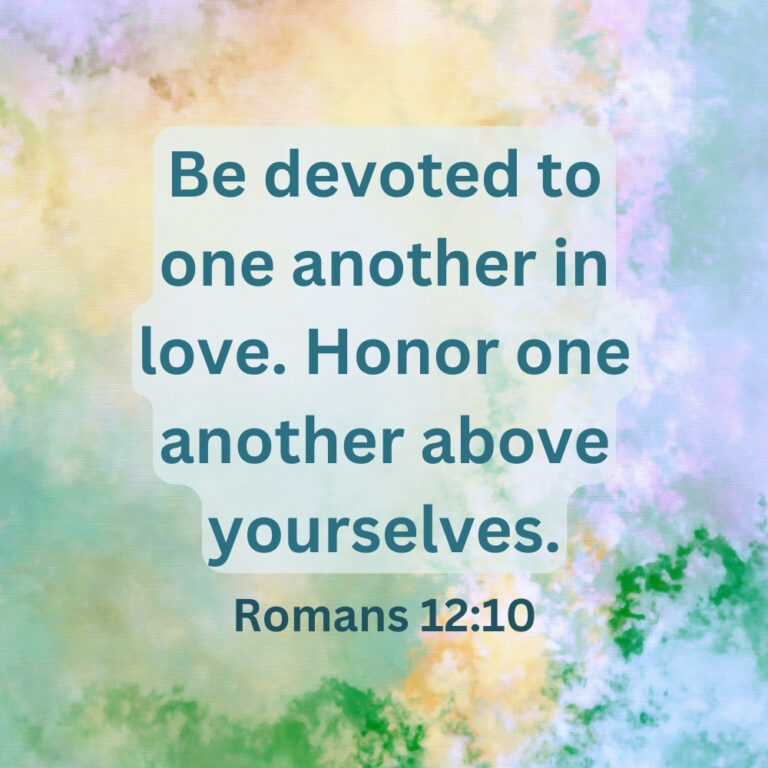The Healing Balm of Forgiveness: What the Bible Teaches Us

In a world torn apart by conflict, bitterness, and holding grudges, the Bible offers a radical way to find freedom, peace and restoration through forgiveness. From Genesis to Revelation, Scripture upholds forgiveness as a core virtue, an illustration of God’s own gracious character, and a pathway to heal broken relationships.
At the heart of the Bible’s message is the truth that we are all in need of forgiveness for our sins against God. Yet He took the initiative by sending Jesus as the atoning sacrifice, so that “if we confess our sins, he is faithful and just and will forgive us our sins and purify us from all unrighteousness” (1 John 1:9). God’s forgiveness, freely given through Christ’s death, is what empowers us to also forgive others.
The Lord’s prayer creates a pattern for forgiveness. “Forgive us our debts, as we also have forgiven our debtors” (Matthew 6:12). As we receive God’s inexhaustible pardon, we’re called to extend that same grace to those who wrong us: “Bear with each other and forgive one another if any of you has a grievance against someone. Forgive as the Lord forgave you” (Colossians 3:13).
You might wonder just how unlimited should our forgiveness be? In Matthew 18:21-22, Peter asked if seven times was enough to keep forgiving the same person. Jesus replied, “I tell you, not seven times, but seventy-seven times” . In other words, forgiveness should be limitless, just as God’s is toward us.
Jesus embodied this radical forgiveness, even speaking pardon over those crucifying Him: “Father, forgive them, for they do not know what they are doing” (Luke 23:34). He didn’t wait for an apology or say “I’ll forgive when you change.” While we were still sinners, bent on destruction, Christ forgave.
In the same way, forgiveness defuses conflict and provides a path of healing without demanding repayment first. The Bible says, “Do not repay evil with evil or insult with insult…on the contrary, repay evil with blessing” (1 Peter 3:9). As Ephesians 4:32 exhorts, we’re to extend the same compassion and pardon we’ve received – “Be kind and compassionate to one another, forgiving each other, just as in Christ God forgave you.”
Forgiveness frees us from the heavy chains of resentment and vengeance. As Paul reminds us, “Bear with each other and forgive one another if any of you has a grievance against someone. Forgive as the Lord forgave you” (Colossians 3:13). Forgiveness allows us to release those who’ve wronged us to God’s justice rather than grasping for our own retribution.
In the end, choosing forgiveness isn’t brushing aside wrongdoing, it’s choosing not to be consumed by bitterness and instead tasting the sweet grace we’ve received. Forgiveness helps the person who was harmed more than the offender. When we forgive others, we offer a powerful picture of redemption to those around us. As containers of God’s mercy, forgiveness begins to heal our families, communities and the world around us.






